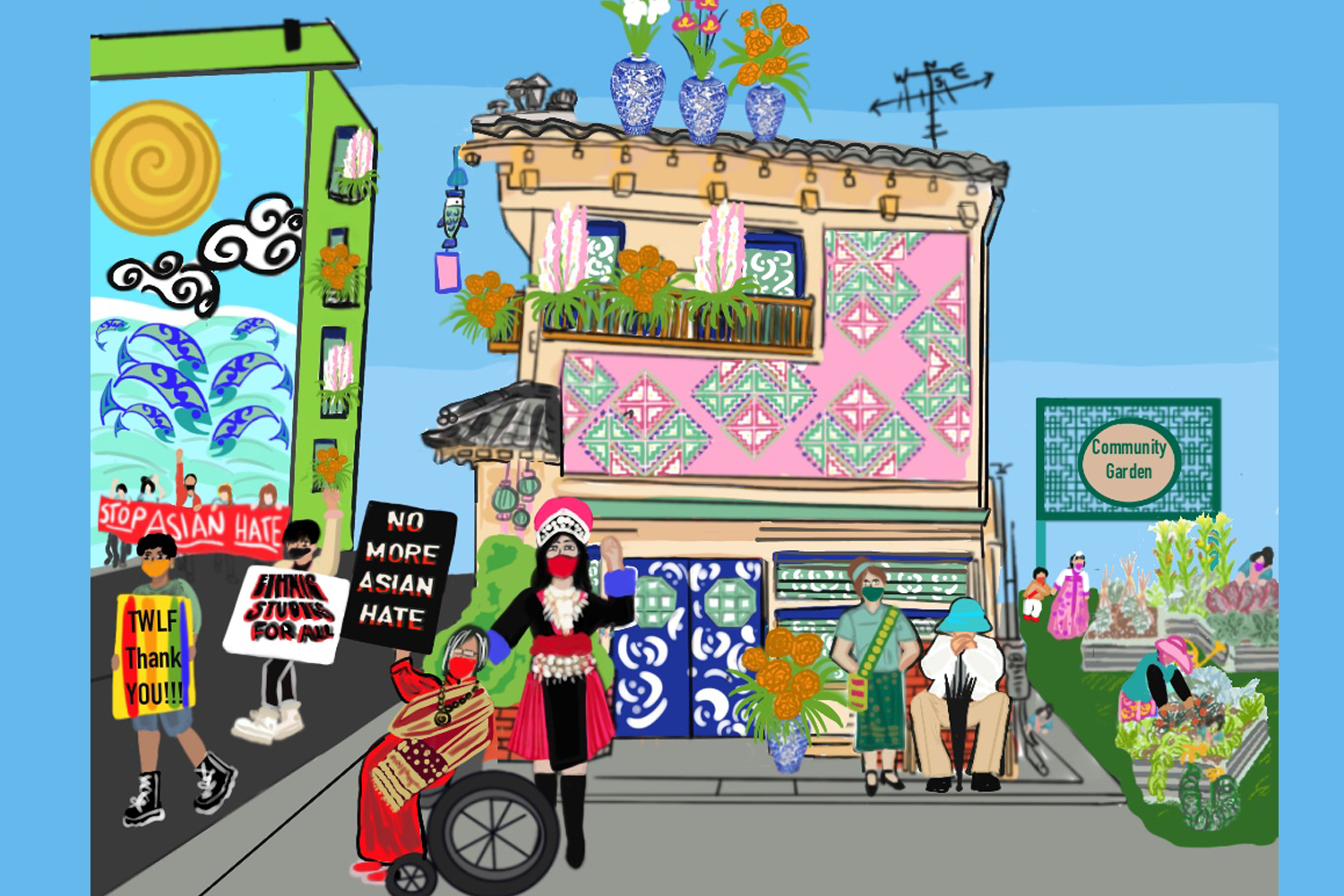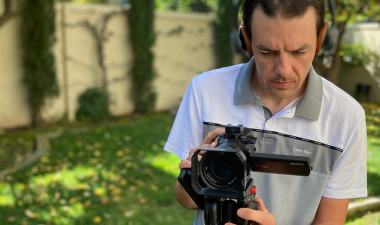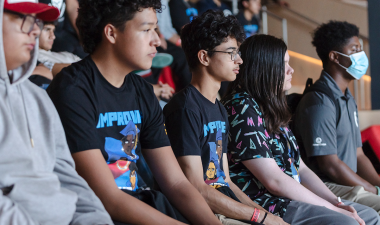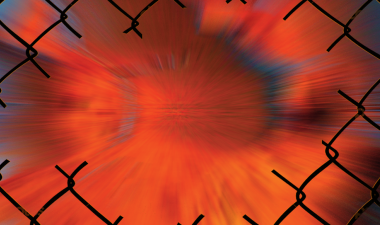
The last three years of anti-Asian hate crimes and anti-Asian sentiment are not new in the United States, just the most recent manifestation.
From restrictive immigration laws to incarceration in concentration camps during World War II, people of Asian ancestry have historically endured ill-treatment, but have risen and overcome hate.
They are challenged to do so again as a result of being blamed by some for the COVID-19 pandemic.
That’s why the Stanislaus State Ethnic Studies’ event “API Healing and Empowerment for Social Change” from 5-7 p.m. on May 11, is taking place as part of Asian American Pacific Islander Heritage Month. The event will take place virtually and guests can register via Zoom. “Given the socio-political context of the past three years, I thought about how community leaders are engaged in activism and healing,” said event organizer Chia Xiong, first-year assistant ethnic studies professor focused on Asian-American studies. “How are underserved community members healing and staying empowered?”
To delve into the work being done to overcome threats to Asians and Asian-Americans, Xiong has assembled a panel of speakers of varying ages and approaches.
Tub Ntxawg Billy Lauj is a traditional HMoob shaman who has practiced holistic healing and spiritual consulting for more than a decade. David Kakishiba has spent 42 years as the executive director of East Bay Asian Youth Center (EBAYC), a nonprofit youth development organization providing education, employment, counseling and family support services to 2,500 racially and ethnically diverse children and youth residing in Oakland’s Chinatown, Eastlake, San Antonio and Fruitvale neighborhoods. Kaozong (Nkauj Ntxoo) Mouavangsou served as an advisor, mentor and teacher, and now is collaborating with the Hmong Educational Partnership to create a Hmong ethnic studies curriculum as part of the Refugee Teaching Institute at UC Merced.
Xiong, whose Hmong family left Laos and lived in Thailand before immigrating to the U.S. when she was 5 in the early 1990s, said the panelists will address current issues confronting Asians and Asian Americans.
“The program will acknowledge anti-Asian hate and violence and also show we continue healing and activist work,” Xiong said. “How do we heal and stay empowered so that social change continues?”
She deliberately sought a variety of voices who promote healing through their work.
Mouavangsou is devoted to education. Kakishiba has spent years on the ground working for the betterment of the community. Lauj is a relatively young Shaman with a social media platform called Hey Billy, and Xiong said she wanted to bring his form of community healing to a space where it is not commonly seen, “and to consider non-Western ways, other modalities of collective healing that might not be discussed much.”
The artist Hauntie, a poet, writer and scholar at UC Merced, will open and close the program and two Stan State students, Qalidra Sengsoury-Williams and Sandy Vongsarath, will share their work as well.
Xiong said she anticipates the program will create an empowering space to think critically about issues affecting Asians and Asian Americans and inspire social change.
“I’m looking forward to hearing about the panelists’ experiences, how they heal and continue to do important activist and creative work,” Xiong said. “I’m looking forward to the connections we can draw, and what we can all learn together.”


